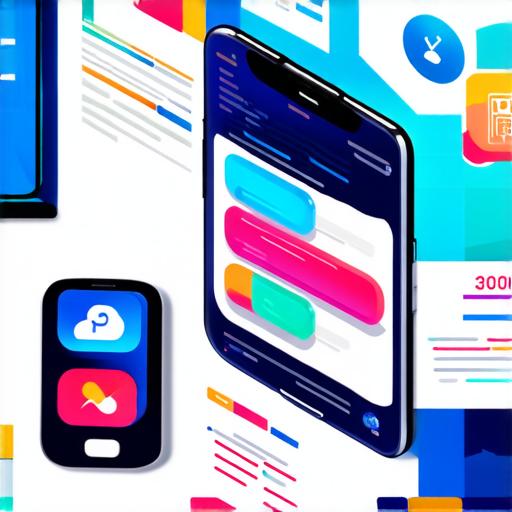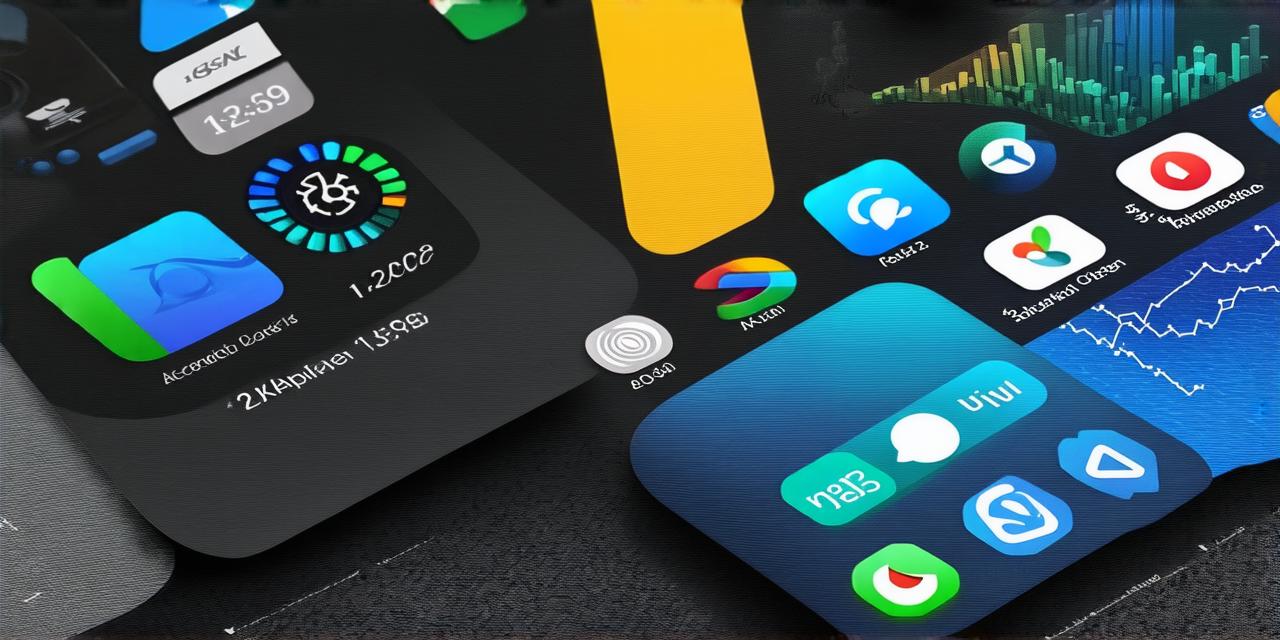
App development is a rapidly growing field, and as technology advances, so too does the amount of data that is collected through these applications. Whether it’s user information, purchase history, or location data, apps have become integral to our daily lives, and the information they collect is often used to make decisions about products, services, and even public policy.
However, with great power comes great responsibility, and as app developers, we must understand our role in collecting and managing this valuable resource.
The Importance of Data Privacy
Data privacy is a critical issue in today’s digital world. With so much personal information being collected and stored, there is always the risk of this data being accessed or misused by unauthorized parties. This can lead to identity theft, fraud, and other forms of cybercrime.
As app developers, we have a responsibility to protect user privacy and ensure that the data collected through our apps is used in a responsible and ethical manner. This means implementing strong security measures to prevent unauthorized access to user data, as well as being transparent about how this data is collected and used.
The Role of App Developers in Data Collection and Management
As app developers, we have several key responsibilities when it comes to data collection and management. These include:
- Collecting data ethically: We must ensure that the data we collect is done so in an ethical and responsible manner. This means obtaining user consent for data collection, being transparent about what data is being collected and how it will be used, and ensuring that users have control over their personal information.
- Protecting user privacy: We must implement strong security measures to prevent unauthorized access to user data. This includes using encryption to protect sensitive information, limiting access to this data to only authorized personnel, and regularly monitoring our systems for any suspicious activity.
- Ensuring data accuracy: We must ensure that the data we collect is accurate and reliable. This means implementing quality control measures to prevent errors in data collection and storage, as well as being transparent about any corrections or updates that are made to the data.
- Complying with regulations: We must comply with all relevant data protection regulations, including GDPR, CCPA, and others. This includes obtaining user consent for data collection, implementing strong security measures, and providing users with the ability to access, modify, and delete their personal information.
- Providing transparency: We must be transparent about our data collection and management practices. This means being clear and concise in our privacy policies, providing users with control over their personal information, and being open and honest about any changes or updates to our data collection and management practices.
Real-Life Examples of Data Collection and Management
There are many examples of app developers getting it right when it comes to data collection and management. Here are a few:
- Dropbox: Dropbox is an excellent example of an app developer that takes data privacy seriously. The company has implemented strong security measures, including two-factor authentication and encryption, to protect user data. In addition, Dropbox provides users with control over their personal information, allowing them to access, modify, and delete their files at any time.
- Nike: Nike is another app developer that takes data privacy seriously. The company has implemented strong security measures, including regular vulnerability assessments and penetration testing, to prevent unauthorized access to user data.



